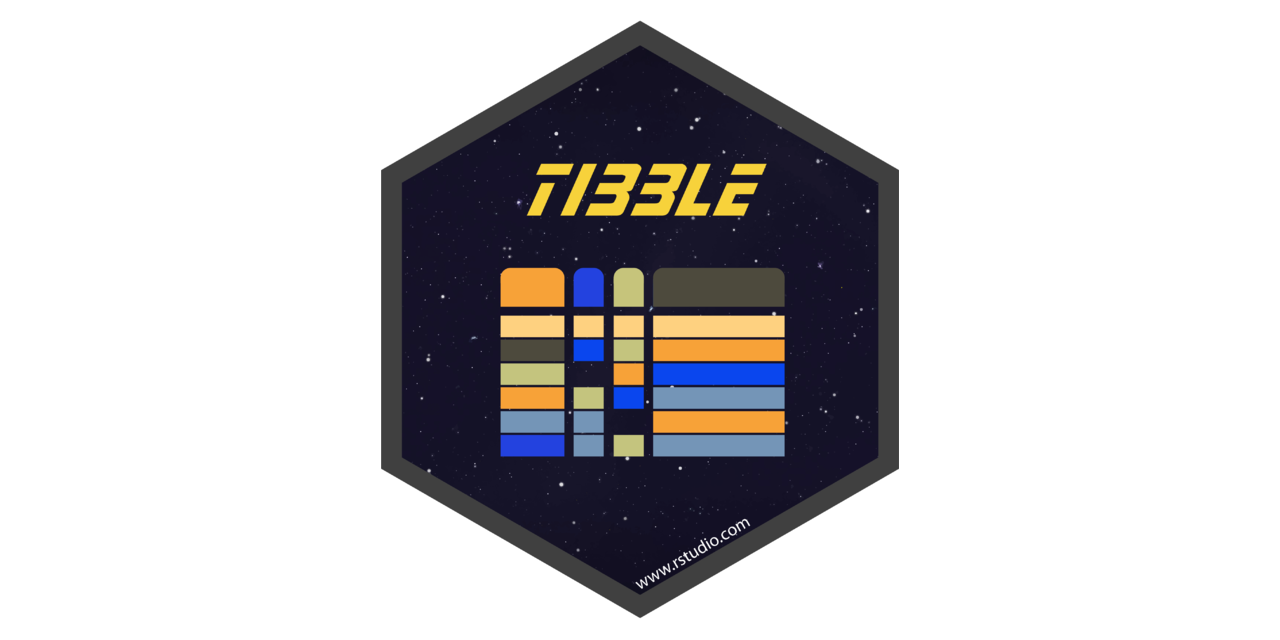Rows: 549
Columns: 16
$ series <int> 1, 1, 1, 1, 1, 1, 1, 1, 1, 1, 1, 1, 1, 1, 1, 1, …
$ episode <int> 1, 1, 1, 1, 1, 1, 1, 1, 1, 1, 2, 2, 2, 2, 2, 2, …
$ baker <chr> "Annetha", "David", "Edd", "Jasminder", "Jonatha…
$ technical <chr> "2nd", "3rd", "1st", "N/A", "9th", "N/A", "8th",…
$ result <chr> "IN", "IN", "IN", "IN", "IN", "IN", "IN", "IN", …
$ uk_airdate <chr> "17 August 2010", "17 August 2010", "17 August 2…
$ us_season <int> NA, NA, NA, NA, NA, NA, NA, NA, NA, NA, NA, NA, …
$ us_airdate <chr> NA, NA, NA, NA, NA, NA, NA, NA, NA, NA, NA, NA, …
$ showstopper_chocolate <chr> "chocolate", "chocolate", "no chocolate", "no ch…
$ showstopper_dessert <chr> "other", "other", "other", "other", "other", "ca…
$ showstopper_fruit <chr> "no fruit", "no fruit", "no fruit", "no fruit", …
$ showstopper_nut <chr> "no nut", "no nut", "no nut", "no nut", "almond"…
$ signature_chocolate <chr> "no chocolate", "chocolate", "no chocolate", "no…
$ signature_dessert <chr> "cake", "cake", "cake", "cake", "cake", "cake", …
$ signature_fruit <chr> "no fruit", "fruit", "fruit", "fruit", "fruit", …
$ signature_nut <chr> "no nut", "no nut", "no nut", "no nut", "no nut"…

